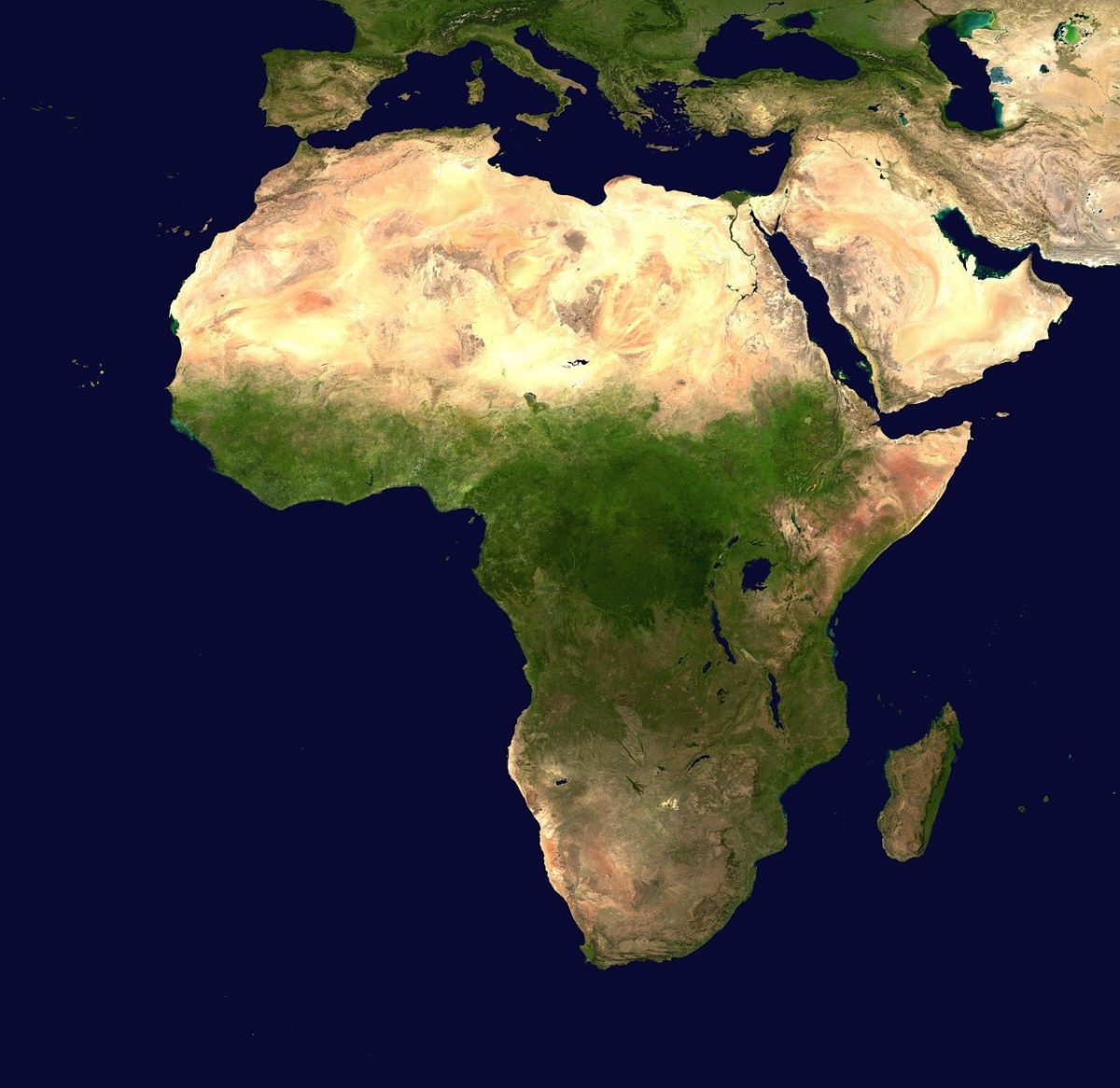The Wagner Group no longer sits at the top of the international news cycle on a daily basis, but it remains at the center of fractional politics and converging wars in Africa, the Middle East, and Ukraine.
Russian President Vladimir Putin and former Sudanese President Omar al-Bashir signed an agreement to establish a Russian naval base with four Russian warships operated by 300 Russian servicemen, on Sudan’s Red Sea coast in 2017. At the time the deal called for Moscow to provide Sudan arms and other military gear. Analysts are asking “Will the Red Sea be Russia’s newest naval outpost?” The political environment is complicated. Wagner Group’s involvement in the outcome of the ongoing military action in Sudan may be the deciding factor in the Kremlin’s ability to develop an expanded military presence in the region. A Russian naval base in Sudan could bring the great powers into direct conflict. In 2022 Sudan’s military junta was ready to finalize the treaty to allow Russia to construct the new naval facilities. The Wagner Group may have just torpedoed the controversial deal.
“The Sudanese Armed Forces (SAF) and the Rapid Support Forces (RSF) are locked in a battle for supremacy over one another,” according to Michael Horton, co-founder of Red Sea Analytics. Libya’s General Khalifa Haftar, the UAE, and Russia’s Wagner Group support the RSF, which gets part of its funding from gold fields located in Sudan. The RSF may not be able to win against the SAF but it is likely to produce a long war that could destabilize the region. On February 23, a day before the start of the war in Ukraine, Sudanese RSF leader Mohamed Hamdan Dagalo, also known as “Hemedti,” arrived in Moscow to lead the Red Sea base negotiations. No members of the SAF were present. A deal with one side puts the future base at risk, as the other is unlikely to abide by it.
“The outbreak of fighting in and around Khartoum may squash any chances for the establishment of a Russian naval base in the near future,” says Andrew McGregor of the Jamestown Foundation. Wagner’s support of the RSF is essentially Russian backed (i.e., through Wagner Group). Now Ukraine may be emerging as a player in Sudan. First-person view (FPV) drones are being used this fall to conduct attacks against RSF fighters. These are the same type and tactics used by Ukrainian forces against Russian targets.
When asked about the FPV’s, Kyrulo Budanov, Ukraine’s military intelligence chief, said “A year ago, I personally and openly said that all Russian war criminals who fought, are fighting, or plan to fight against Ukraine will be punished anywhere in the world.” In September, in a move that may indicate an new attempt to oust Russia from Sudan, Ukraine’s President Zelensky thanked Sudan’s government for its consistent support of his country’s territorial integrity. Africa News recently quoted Ukraine’s Foreign Minister, Dmytro Kuleba, as saying “Our strategy is not to replace Russia but to free Africa from Russia’s grip.” Ukraine’s Defense Minister Rustem Umerov, met for unscheduled talks in Ireland this fall with General Abdel Fattah al-Burhan of the SAF. Reports indicate the two talked about the activity of illegal armed groups financed by Russia that are active inside Sudan.
For months the SAF and RSF’s top military commanders have been waging battle in Khartoum, Sudan’s capital. The city is approaching ruin. “Perhaps most troubling for the Kremlin is the inherent political instability of Sudan. Even before the current power struggle, regional insurgencies, tribal clashes, mass demonstrations, and coup attempts have characterized the country’s political process,” notes McGregor. The SAF leadership believes Putin is supporting the Wagner Group operations by supplying the RSF with arms and munitions. If this is confirmed it may mark the end of the naval basing deal in Sudan. “The RSF, like most well-developed militias, can and will leverage its nimbleness, decentralized leadership, and its ability to adapt and evolve to outfight the conventionally organized SAF,” says Horton. The Sudanese conflict may yet pose another flashpoint in an already fragile part of the world.
Hopefully, it will not emerge center stage to a proxy war among great powers.
Daria Novak served in the U.S. State Dept.
Illustration: Pixabay
